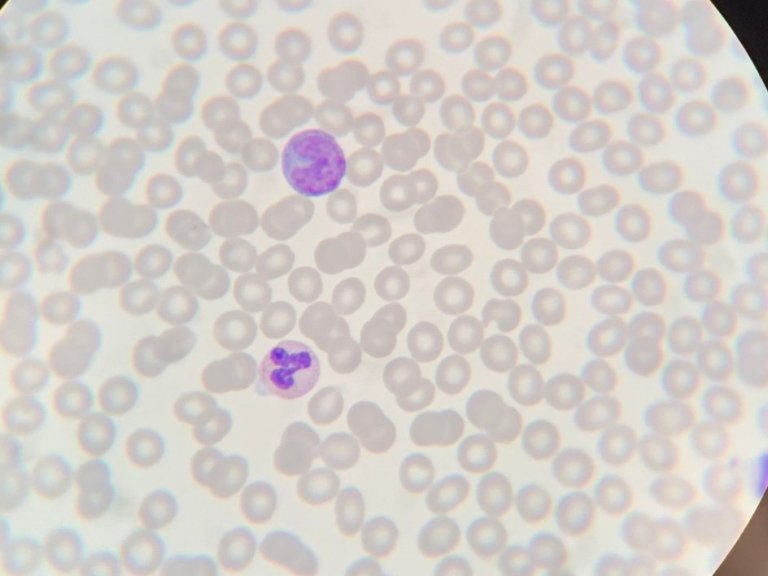Almost all children come into contact with rotavirus, which is the most common cause of life-threatening diarrhea in low- and middle-income countries. Rotavirus vaccines have been available since 2006 and can prevent diarrheal episodes, hospitalizations and deaths.
Dr. Vanessa Harris (Department of Global Health), an infectious disease physician and researcher who studies rotavirus vaccine performance in low- and middle-income settings, is evaluating whether rotavirus vaccines can reduce the unnecessary prescription of antibiotics. She is conducting a large clinical trial, funded by the Wellcome Trust, with partners in Zambia and Ghana to study the impact of new rotavirus vaccines on antibiotic usage in young children.
Reducing resistance worldwide
In low- and middle-income countries, children with diarrhea often receive antibiotics, even though antibiotics are only effective against bacteria and not viruses. A large proportion of children are therefore taking antibiotics inappropriately. This improper antibiotic use contributes to the emergence of bacteria that are resistant to antibiotics (antimicrobial resistance). The hope is that effective rotavirus vaccines will reduce the number of diarrheal attacks and therefore the unnecessary use of antibiotics and ultimately, the development of antimicrobial resistance.
Harris, together with researchers from the Department of Medical Microbiology, has now also received financing to evaluate if rotavirus vaccines can also prevent antibiotic resistance. Harris' research falls under the GLORIA program of AMR-Global, a public-private partnership (PPP) that brings together experts in science, business, policy and society to combat antimicrobial resistance. The GLORIA program targets inappropriate antibiotic usage to reduce antibiotic resistance worldwide. The collaborative project is co-funded with PPP funding made available by Health~Holland, Top Sector Life Sciences & Health, to stimulate public-private partnerships. Health Holland has contributed 800K Euro to Dr. Harris’s research.
Photo: Shutterstock




